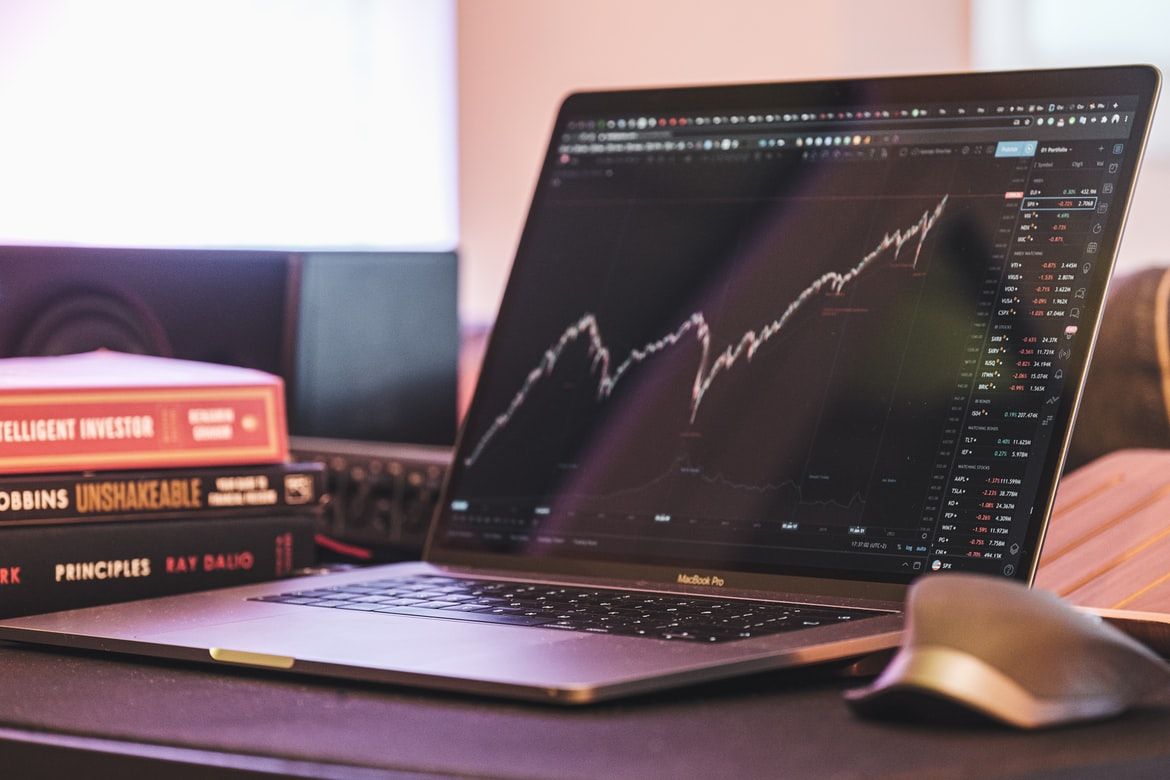The foreign institutional investors (FIIs) bought shares worth a net Rs 1449.7 crore, while domestic institutional investors (DIIs) sold shares worth a net Rs 140.73 crore in the Indian equity market on August 8, as per provisional data available on the NSE.
Also Read| Iran places first import order worth $10 million using cryptocurrency
In the month of July 2022, FIIs sold shares worth a net Rs 6,567.71 crore while DIIs bought shares worth a net Rs 10,546.02 crore.
Also Read| RBI monetary policy committee meet: Key highlights
The Sensex jumped 465.14 points or 0.80% to 58,853.07 and the Nifty was up by 127.60 points or 0.73% to 17,525.10.
Also Read| Week ahead: Inflation data, quarterly results to weigh on Sensex, Nifty
The BSE Sensex touched a high and low of 58,934.90 and 58,266.65, respectively. There were 20 stocks advancing against 10 stocks declining on the index.
Also Read| Explained: Difference between RBI’s accommodative, neutral & hawkish stance
The NSE Nifty traded in a range of 17,548.80 and 17,359.75. There were 34 stocks advancing against 16 stocks declining on the index.
Also Read| 50 bps rate hike has become new normal for Central Banks: RBI Governor
FII stands for ‘foreign institutional investor,’ and refers to an investment fund or an investor who puts their money into a country’s assets while being headquartered outside of it.
Also Read| Warren Buffett’s company has bet over $45B on the oil sector
In India, this is a commonly used term to refer to outside entities contributing to the country’s financial markets by investing.
Also Read| Why interest rates are being hiked globally?
On the other hand, ‘DII’ stands for ‘domestic institutional investors.’ Unlike FIIs, DIIs are investors that invest in the financial assets and securities of the country they are currently residing in.
Also Read| Explained: Changes in repo rates and their impact on stock market
These investment decisions of both FIIs and DIIs are impacted by political and economic trends. Additionally, both types of investors — foreign institutional investors (FIIs) and domestic institutional investors (DIIs) — can impact the economy’s net investment flows.







